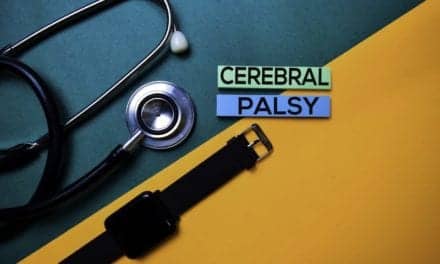Research from the University of Missouri School of Medicine indicates that reducing daily physical activity for even a few days can lead to decreases in function of the inner lining of blood vessels in the legs of young, healthy subjects. This can in turn cause vascular dysfunction with potentially prolonged effects.
Additionally, Paul Fadel, PhD, associate professor of medical pharmacology and physiology, and John Thyfault, PhD, associate professor of nutrition and exercise physiology, report that the vascular dysfunction induced by 5 days of inactivity requires more than 1 day of returning to physical activity and taking at least 10,000 steps a day to improve.
Fadel adds in a university news release that “There is much data to indicate that at any stage of a disease, and at any time in your life, you can get active and prolong your life. However, we found that skipping just 5 days of physical activity causes damage to blood vessels in the legs that can take a prolonged period of time to repair.”
During the study, the release notes that the researchers investigated the early effects on the body’s blood vessels when an individual transitions from high daily activity (10,000 or more steps per day) to low daily activity, less than 5,000 steps per day. Five thousand steps is noted as the national average. However, it is only half of the daily recommendation from the US Surgeon General. The study results suggest that going from high to low levels of daily physical activity for just 5 days decreased the function of the inner lining of the blood vessels in the legs.
Counting steps and daily physical activity differ from defined exercise, the release says. While defined exercise offers significant benefits, the study focused on 30 minutes of moderate activity per day.
Previous studies have reportedly shown a link between a decrease in blood vessel function and early cardiovascular death and hypertension. The current research, the release notes, indicates that even a short period of inactivity of 5 days changes the measure that is already known to be key for long-term cardiovascular health. Additionally, the study says, while blood flow responses to glucose ingestion were not impacted by 5 days of inactivity, impairments in glycemic control and insulin sensitivity are also a consequence of reduced daily physical activity.
[Source: University of Missouri School of Medicine]





